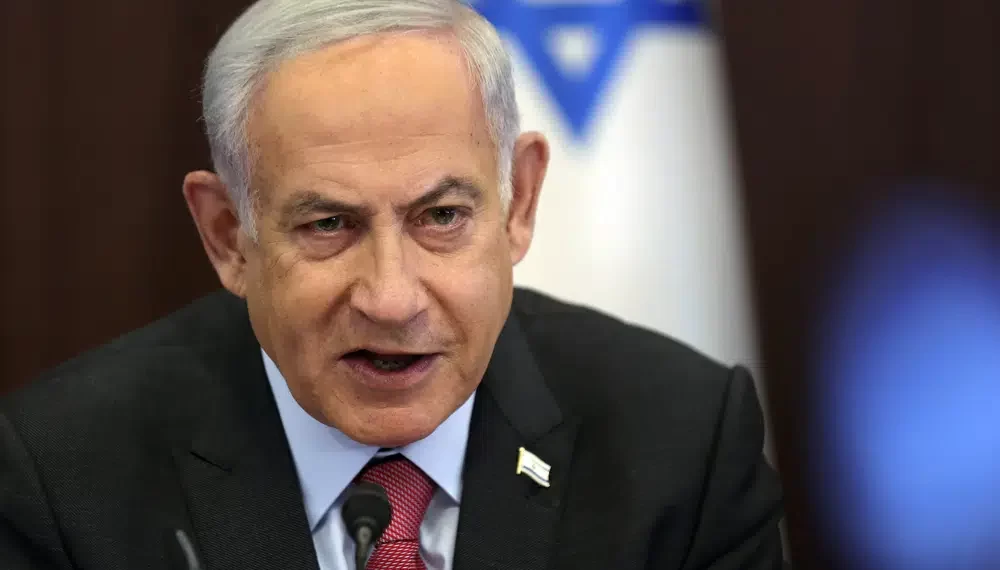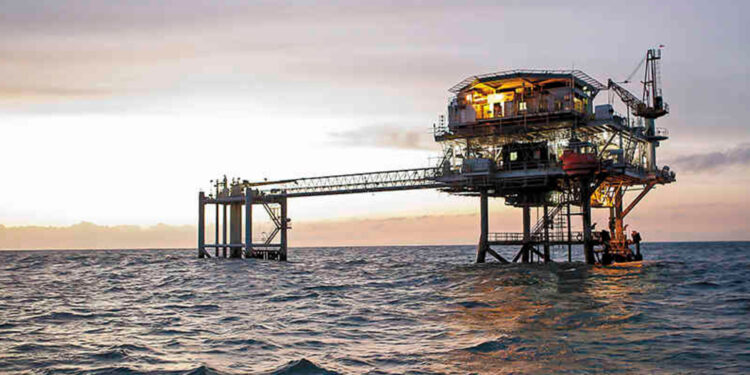Israeli Prime Minister, Benjamin Netanyahu has announced that Israel is establishing a new security corridor across the Gaza Strip to pressure Hamas, suggesting it would cut off the southern city of Rafah, which Israel has ordered evacuated, from the rest of the Palestinian territory.
The announcement came after Netanyahu’s Defense Minister, Israel Katz said that Israel would seize large areas of Gaza and add them to its so-called security zones.
Israel has vowed to escalate the nearly 18-month war with Hamas until the militant group returns dozens of remaining hostages, disarms and leaves the territory.
Israel ended a ceasefire in March and has imposed a monthlong halt on all imports of food, fuel and humanitarian aid.
Netanyahu said in a video released on Wednesday evening, “Tonight, we have shifted gears in the Gaza Strip.” He added that the Israeli army is “seizing territory, hitting the terrorists and destroying the infrastructure.”
Netanyahu described the new axis as the Morag corridor, using the name of a Jewish settlement that once stood between Rafah and Khan Younis, suggesting it would run between the two southern cities.
He said that it would be “a second Philadelphi corridor “ referring to the Gaza side of the border with Egypt further south, which has been under Israeli control since last May. “We are cutting up the strip, and we are increasing the pressure step by step, so that they will give us our hostages,” Netanyahu asserted.
Israel has also reasserted control over the Netzarim corridor, also named for a former settlement, that cuts off the northern third of Gaza, including Gaza City, from the rest of the narrow coastal strip. Both of the existing corridors run from the Israeli border to the Mediterranean Sea.
On Sunday, Netanyahu said Israel plans to maintain overall security control of Gaza after the war and implement President Donald Trump’s proposal to resettle much of its population elsewhere through what the Israeli leader referred to as “voluntary emigration.”
Palestinians have rejected the plan, viewing it as expulsion from their homeland after Israel’s offensive left much of it uninhabitable, and human rights experts say implementing the plan would likely violate international law.
Hamas has said it will only release the remaining 59 hostages — 24 of whom are believed to be alive — in exchange for the release of more Palestinian prisoners, a lasting ceasefire and an Israeli pullout. The group has rejected demands that it lay down its arms or leave the territory.
Separately, Israeli Army Chief, Eyal Zamir stated that the Israeli army is “expanding” its attacks in Gaza without providing further details. “The only thing that can stop us from continuing to advance is the release of our hostages,” Zamir said in a statement.
All Israeli captives in Gaza would have been released in the second stage of the ceasefire agreement, but Israel unilaterally broke the ceasefire and resumed the war after the end of the first phase.
Israeli Defense Minister Israel Katz had earlier said Israel would seize “large areas” and add them to its security zones, apparently referring to an existing buffer zone along Gaza’s entire perimeter.
He called on Gaza residents to “expel Hamas and return all the hostages,” saying “this is the only way to end the war.”
Decision To Resume War Fuels Protests
The decision to resume the war has fueled protests in Israel, where many fear it has put the hostages at grave risk and are calling for another ceasefire and exchange with Hamas.
The Hostage Families Forum, which represents most captives’ families, said that they were “horrified to wake up this morning to the Defense Minister’s announcement about expanding military operations in Gaza.”
The group called on the Trump administration, which took credit for brokering the ceasefire but has supported Israel’s decision to end it, to do everything possible to free the remaining captives. “Our highest priority must be an immediate deal to bring ALL hostages back home — the living for rehabilitation and those killed for proper burial — and end this war,” the group said.
READ ALSO: Ghana, IMF Begin Fourth Review Mission Amid Economic Reforms




















